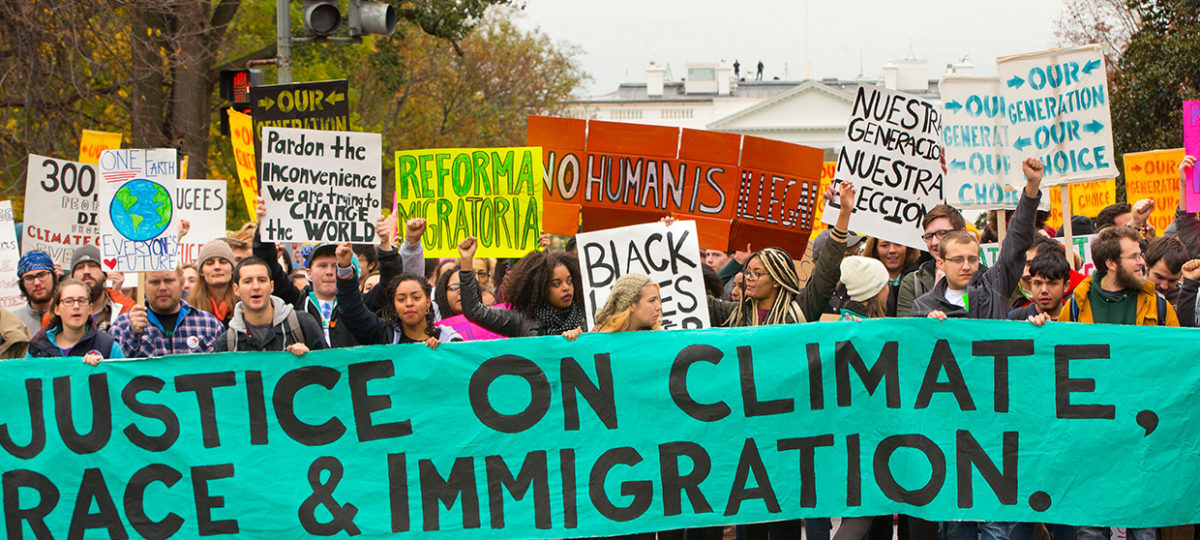Supreme Court Issues major rulings on climate and immigration
Although the Supreme Court issued the two most important opinions of the term last week, upending near 50-year-old precedent on abortion and expanding gun rights for the first time in a decade, this blockbuster term is not over. Still to be decided are two cases, the climate changes and the immigration. The Supreme Court curbed the Environmental Protection Agency’s ability to broadly regulate carbon emissions from existing power plants, a major defeat for the Biden administration’s attempts to slash emissions at a moment when scientists are sounding alarms about the accelerating pace of global warming.
In addition, the court cut back the agency’s authority in general invoking the so-called “major questions” doctrine, a ruling that will impact the federal government’s authority to regulate in other areas of climate policy, as well as regulation of the internet and worker safety.
The ruling was 6-3. Chief Justice John Roberts wrote the opinion for the conservative majority, with the three liberal justices dissenting.
The decision is one of the most consequential cases for climate change and clean air in decades.
The justices are also considering whether the Biden administration can terminate a Trump-era border policy known as “Remain in Mexico.” Lower courts have so far blocked Biden from ending the policy. Under the unprecedented program launched in 2019, the Department of Homeland Security can send certain-non Mexican citizens who entered the United States back to Mexico, instead of detaining them or releasing them into the United States, while their immigration proceedings play out.
Critics call the policy inhumane and say it exposes asylum seekers with credible claims to dangerous and squalid conditions. The case raises questions not only regarding immigration law, but also a president’s control over policy and his diplomatic relationships with neighboring countries.


